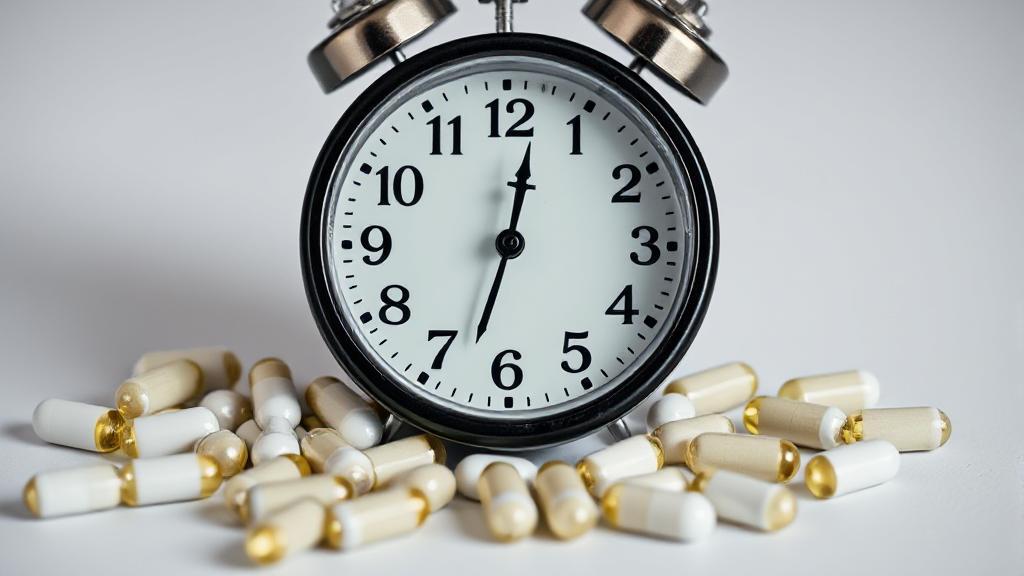Understanding Linzess and Its Mechanism
Linzess (linaclotide) is a medication used to treat irritable bowel syndrome with constipation (IBS-C) and chronic idiopathic constipation (CIC). It works as a guanylate cyclase-C agonist, binding to receptors on the intestinal lining to increase cyclic guanosine monophosphate (cGMP). This process leads to:
- Increased fluid secretion in the intestines
- Accelerated transit of stool through the colon
- Reduced abdominal pain
- Softened stools
For more detailed information, visit Drugs.com.
Timing and Initial Effects 🕐
Most people begin experiencing effects within the first week of treatment, with some noticing changes as quickly as 24-48 hours after the first dose. However, for optimal results, Linzess should be taken:
- On an empty stomach
- At least 30 minutes before the first meal of the day
- At approximately the same time each morning
Factors Affecting Response Time
Several factors can influence how quickly Linzess works:
- Individual body chemistry and metabolism
- Severity of symptoms
- Consistency in taking the medication
- Diet and lifestyle habits
- Other medications being taken
- Overall health conditions
Timeline for Effectiveness
| Timeline | Expected Effects |
|---|---|
| 24-48 hours | Initial bowel movement changes |
| 1 week | Noticeable symptom improvement |
| 2-4 weeks | Maximum therapeutic benefit |
Tips for Optimal Results
Dietary Considerations
- Stay well-hydrated
- Maintain a balanced diet
- Avoid trigger foods
- Limit caffeine intake
Lifestyle Modifications
- Regular exercise
- Stress management
- Consistent sleep schedule
- Proper timing of meals
When to Consult Your Healthcare Provider 🏥
If you don't experience improvement after taking Linzess for 2-4 weeks, consult your healthcare provider. They may need to:
- Adjust your dosage
- Evaluate other treatment options
- Rule out other underlying conditions
Important Note: Never adjust your dosage without consulting your healthcare provider first.
Common Side Effects
As with any medication, Linzess can cause side effects, including:
- Diarrhea
- Abdominal pain
- Gas
- Bloating
For more information on managing IBS-C and CIC, visit the American College of Gastroenterology or the International Foundation for Gastrointestinal Disorders.
Disclaimer: This article is for informational purposes only and should not be considered medical advice. Always consult with a healthcare professional for medical concerns.
